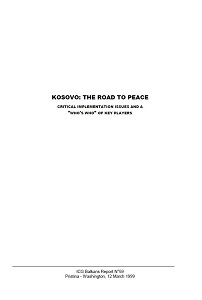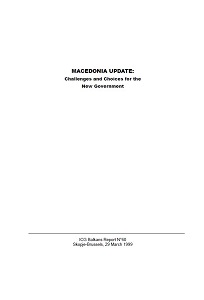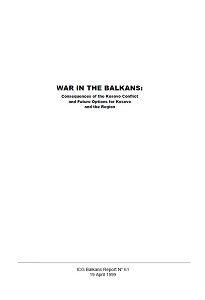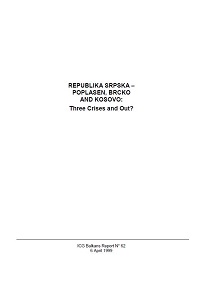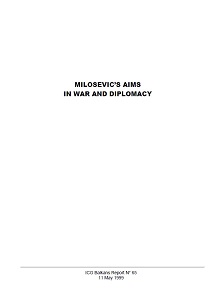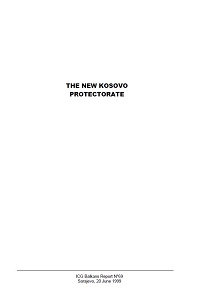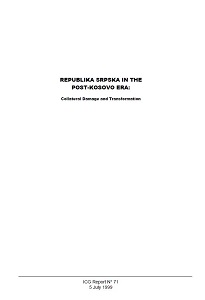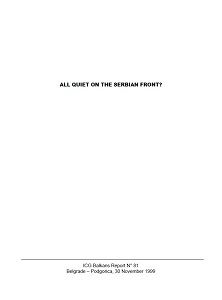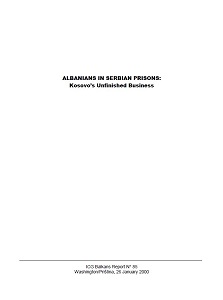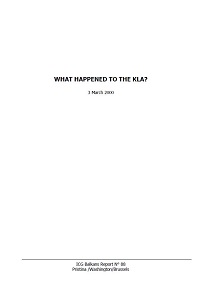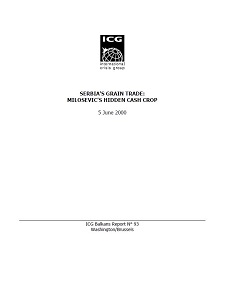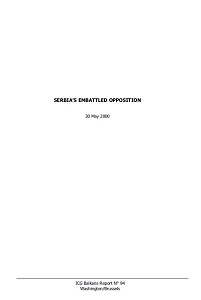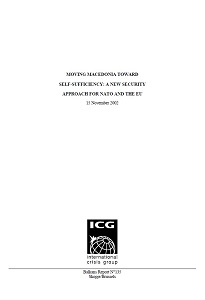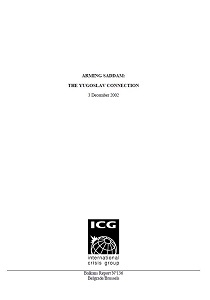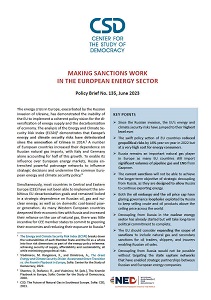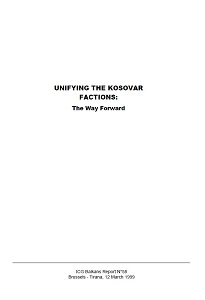
UNIFYING THE KOSOVAR FACTIONS: The Way Forward (ICG Balkans Report N°58)
The Kosovo peace talks, held at Rambouillet (France) under the auspices of the sixnation Contact Group, have been suspended until 15 March 1999 after a provisional agreement was reached on granting substantial autonomy for Kosovo. However, neither the Kosovo Albanians nor Serbian delegates have yet signed the draft peace accord, which calls for a NATO peacekeeping mission in Kosovo, and in which the "final status" issue has been deliberately fudged. The immense complexities of the Kosovo question were dramatically illustrated at Rambouillet by the last-minute refusal of the Albanian delegation to sign the accord, due to pressure from a hardline faction of the Kosovo Liberation Army (KLA) which refused to attend the talks.
More...
